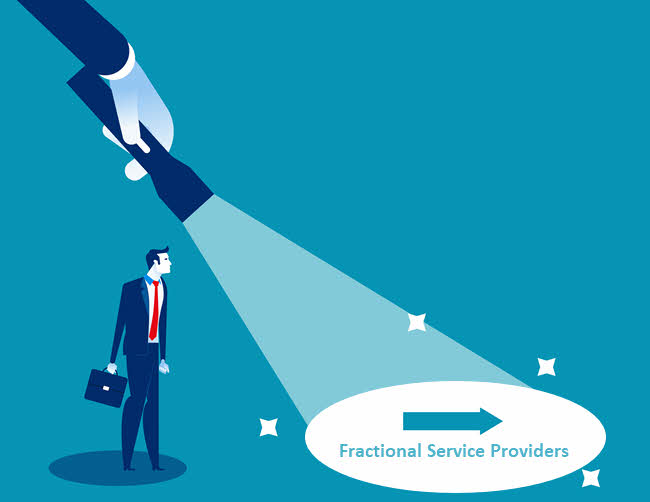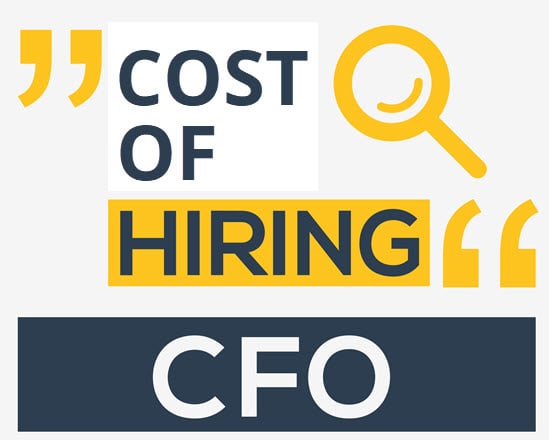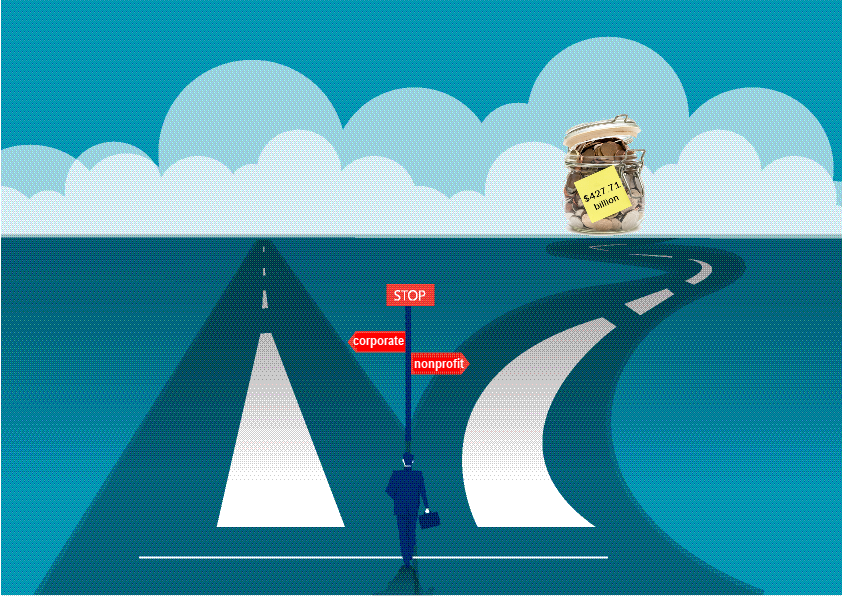A CFO’s role is one of many hats. They are expected to be a steward by protecting company assets, have operational savvy, act as a strategist, and be a catalyst for positive change. There are many projects you would expect a CFO to facilitate:
- Facilitating M&A transactions
- Raising capital
- Overseeing Controller and internal auditing functions
- Helping accounting firms prepare for an audit
- Mentoring internal leadership
- Managing the organization’s overall risk and liquidity
- Driving growth initiatives
These are all areas where a CFO adds value to a business. But one of the biggest priorities of this role should be strategic planning. CEOs and boards increasingly want a CFO that not only gets the numbers right, but that also partners with them in strategic planning.










